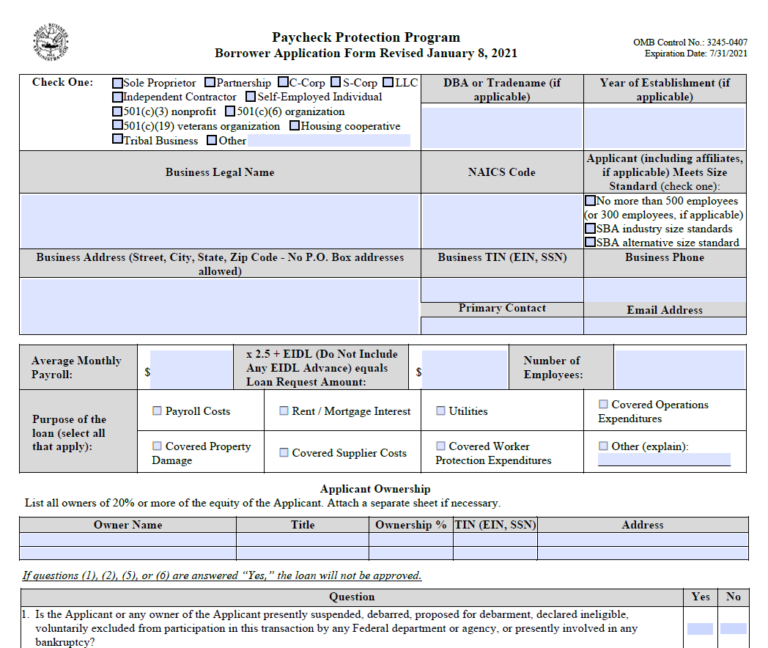Understanding Risk and How it Relates to Your Business
 Lots of people will tell you that entrepreneurs are risk takers. That isn’t actually true.
Lots of people will tell you that entrepreneurs are risk takers. That isn’t actually true.
Most of the entrepreneurs I know would rather avoid risk. What they want to do is maximize their success by jumping into sure things that other people haven’t discovered yet. They use their inside knowledge or insight to make a profit where other people aren’t sure or haven’t seen a way to make a business work.
Risk is defined as: The possibility of suffering harm or loss; danger.
No smart person going into business wants to suffer harm or loss, therefore, they try and stack the odds in their favor, and once they figure the return they can make more than justifies any potential loss, they go for it. Real risk takers are the ones who don’t do any work ahead of time to try and learn what they are getting into, or they go into something knowing the odds are long in the first place.
Most people who have “safe” day jobs will tell you that going into business for yourself is risky. They figure that not getting a paycheck on Friday is taking a risk, and not having a company pay for benefits is risky. In reality, of course, they can get laid off or fired from their job. They also are placing all their eggs in that one basket.
Being self employed is in a lot of ways less risky than having a job- you control your sales volume, and even if one customer leaves you have more to fall back on. You also enjoy certain tax benefits, and can succeed on merit instead of on office politics or an unfair promotion system. But this is after you’ve established yourself. How do you weigh the risk before you start?
The risk of starting a business comes down to two key elements- your previous experience in the same business, and the amount of assets at stake.
The first is pretty easy to determine. The farther what you want to do is from what you know how to do, the bigger the risk. This just makes sense. If you’ve sold insurance for twenty years, but you want to open a restaurant, you are taking a big risk by not having any idea how the business works.
Now exactly how much risk it involves is very dependent on the situation. If you are getting into an easy business to learn, it might not be that big of a problem. There are also several things you can do that will go a long way toward mitigating the problem:
- Get a job in the industry before you start your business
- Find a partner with experience
- Hire an employee with experience
- Form an advisory board that has a few members with experience
- Spend time with an owner in the same field in a non competitive area
- Speak with vendors in the industry
- Take classes related to the field
- Thoroughly research the industry
The second aspect of risk is how much is on the line in terms of assets. Assets include not only the cash you put at risk, but anything else you may use to borrow money, such as a house, retirement account, etc.
Obviously the smaller the amount at risk the lower the reward has to be in order for the risk to be worth taking. If you are putting everything you own up to start the business, and failure will mean bankruptcy, that is risky because you have no room to fall back or try something else. On the other hand, if you are only risking a week’s pay, there isn’t much risk at all.
The object is to combine knowledge of the business you are trying to get into with putting the least amount of capital at risk to make the startup as close to a sure thing as possible. The better you can do this, the easier it will be to get motivated to start a business and make it a success.
By the way, evaluating risk doesn’t end when you get your business started. It applies to lots of decisions you make about the direction and ways that you grow, how you hire, how you finance your growth and so on. Just because you have overcome the first hurdles doesn’t mean everything else you do will work out. Or that you are automatically going to be successful in future businesses just because you were successful in your first.
But let’s not end on a down note! One of the beautiful things about this country is that failure does not carry a stigma. So you can try and fail and try and fail and try again and no one will look down on if you keep on trying to succeed. Persistence is one of the most important qualities in an entrepreneur. But if you do keep failing, you might want to work on reducing your risk and increasing your chances of success for the next time around so you can finally come out on top.







